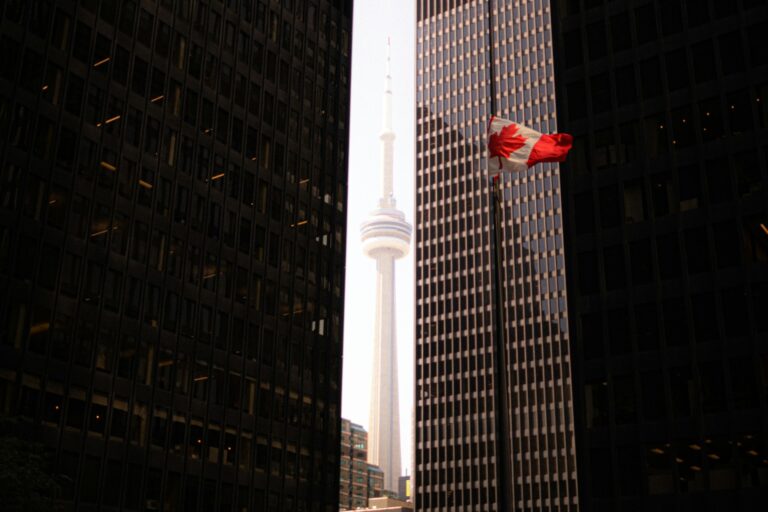Canada isn’t just seeing citizens flee in record volumes, capital is fleeing too. Statistics Canada (Stat Can) data shows a net outflow of $16.2 billion from securities in May, marking a fourth month of capital flight. Despite the TSX’s stellar recent performance, investors are reducing exposure and sending more capital abroad.
Canada Saw $16 Billion of Capital Flee, $84 Billion Over 4 Months
Canadian international transactions in securities.
Source: Statistics Canada.
As mentioned above, the net outflow of capital from Canadian securities hit $16.2 billion in May, meaning that much more left than arrived. It was the fourth consecutive month that outflows dominated, with the period seeing a staggering $83.9 billion in net outflows. One month can be noise. Four straight months is a trend—and not a good one.
These outflows are more problematic to the average household than many realize. Capital inflows support domestic financing, helping both governments and companies access cost-effective capital for growth; signal investor confidence; and impact exchange rates, which in turn impact the cost of living. Persistent outflows undermine confidence and weaken the loonie, raising import costs and inflation risks.
Canadians Are Buying More American Stocks, Selling Domestic
Canadians are putting their elbows down when it comes to exposure to American stocks. Canadian investors increased their net position in foreign securities by $13.4 billion in May, up 227% from April. They pumped $14.2 billion into US stocks, the biggest inflow since February.
The trade was balanced with divestments in non-US stocks (-$2.8 billion), US Treasuries (-$2.8 billion), and US government bonds (-$1.3 billion).
Foreign Investors Lower Exposure To Canada, Selling GoC Paper
Foreign investors are also reducing their exposure, suggesting growing skepticism about Canada’s short-term prospects. Foreign investors sold off $2.8 billion in Canadian securities in May, also marking a fourth consecutive month of divestment. Even the TSX, which outperformed by rising 5.4% in May, saw foreign investors sell off $11.4 billion in stocks.
Foreign investors are also shifting expectations of Canadian debt performance. Money market divestment hit $4.5 billion in May, primarily Government of Canada (GoC) paper—Treasury Bills with maturities under one year. At the same time, foreign investors bought $13.1 billion in bonds, helping to partially offset the $25.1 billion outflow in April. Short-term debt is out, while long-term debt is in.
The shift likely reflects a combination of yield-seeking behavior and recession hedging. As long-term interest rates climb, new bonds offer stronger returns and investors may see a peak, which is attractive to those looking for yield after existing low-return T-bills.
At the same time, the move serves as a recession hedge. If the economy slows and inflation collapses, central banks may have to cut rates. This would drive up bond prices, especially for long-term debt. Consequently, longer-duration bonds become a capital gain play, not just a yield target.
Canada’s reputation as a safe haven is starting to crack. Fiscal uncertainty and growing friction with its largest trade partner may stir domestic pride—but they’re shaking investor confidence.
